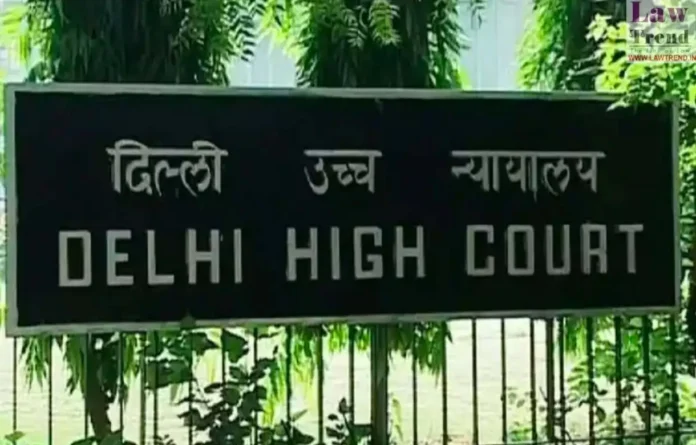The Delhi High Court on Friday quashed an arbitral tribunal order of 2018, which rejected the Central government’s claims against Mukesh Ambani-led Reliance Industries Limited (RIL), in connection with the Krishna Godavari (KG) basin migrated gas dispute.
The Division Bench of Justice Rekha Palli and Justice Saurabh Banerjee further set aside the judgment delivered by a single-judge Bench on the May 9, 2023 on the grounds that both the tribunal verdict, as well as the single-judge Bench order were contrary to the settled position of law along the pending applications, if any, leaving the parties to bear their own costs.
The matter pertained to April 2000, when a consortium led by RIL entered into a production-sharing contract (PSC) with the Central government for the exploration and extraction of natural gas from the Krishna-Godavari (KG) Basin, off the coast of Andhra Pradesh.
The PSC outlined the rights, obligations and revenue-sharing terms between the parties.
In 2013, the Oil and Natural Gas Corporation (ONGC) addressed a letter to the Directorate General of Hydrocarbons (DGH) reporting evidence of lateral continuity of gas reservoirs between the Reliance-operated block and the adjacent blocks allocated to ONGC.
As per the government-owned PSU, the gas pools in the Reliance and ONGC blocks appeared connected, indicating possible migration of natural gas from ONGC fields into Reliance’s production area.
Following the findings, the Ministry of Petroleum and Natural Gas (MoPNG) sought disgorgement from Reliance and its partners, demanding approximately USD 1.5 billion, along with an additional USD 174 million in interest.
The Ministry contended that Reliance had unfairly benefited from extracting gas that may have migrated from ONGC’s adjoining blocks.
The government’s claim was reinforced in November 2016, following an expert report submitted by Justice AP Shah, former Chief Justice of the Delhi High Court.
The report supported the view that gas migration had likely occurred, leading the Ministry to maintain and raise its total claim to over USD 1.5 billion, including interest.
Reliance Industries then invoked the arbitration clause under the terms of the PSC, seeking resolution through an international arbitration tribunal.
The arbitral tribunal issued its final award in July 2018. It rejected most of the government’s claims, marking a significant legal victory for Reliance in the long-standing dispute.
The arbitral award was upheld by the single-judge Bench of Justice Anup Bhambhani in May 2013.
Noting that the tribunal award was not in conflict with the ‘public policy of India,’ the High Court observed that the public trust doctrine was not contravened by Reliance.
It further said that the inferences drawn by the tribunal were factual conclusions, which could not be second-guessed by the Court in exercise of its powers under Section 34 of the Arbitration and Conciliation Act.
The single-judge Bench asserted that the factual conclusions made by the tribunal were perfectly logical, coherent and rational.
The Centre filed a petition in the Supreme Court under Section 37 of the Arbitration Act, challenging this order.


